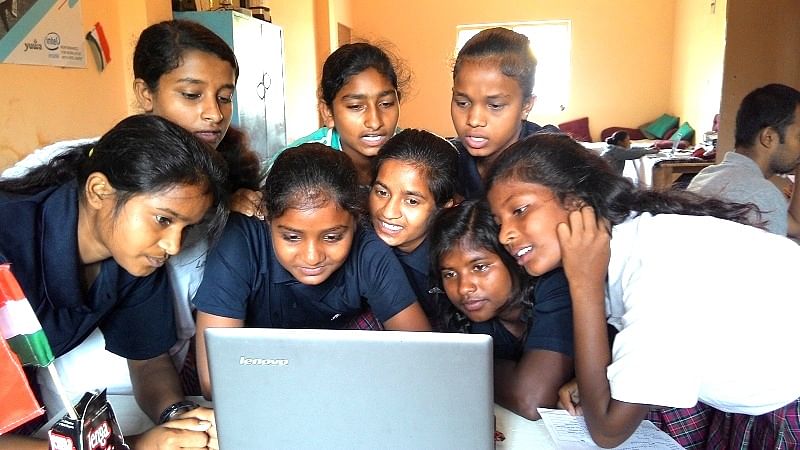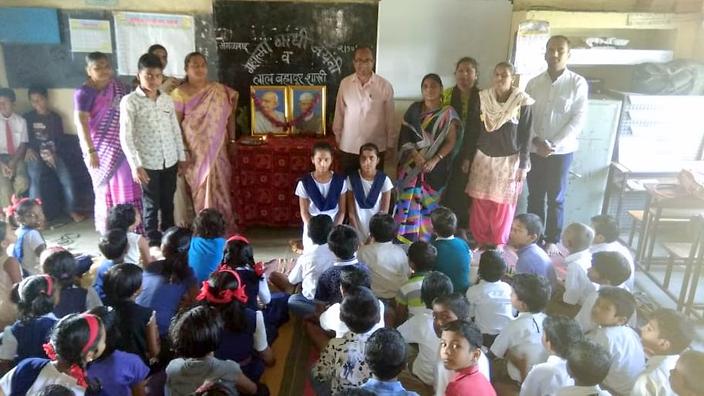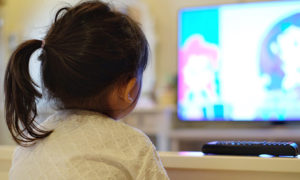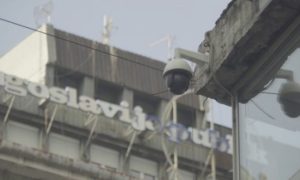As classes shifted to virtual environments in India following the COVID-19 lockdown, students from remote areas, and low-income families who lacked internet access faced tremendous challenges in keeping up with their studies.
India entered lockdown in March and only in June began gradually lifting restrictions. Classes were shifted to virtual environments, despite the fact that only a quarter of all Indian households have internet access.
An award-winning non-profit start-up from the city of Cuttack, in the state of Odisha, has found a way to help struggling families: Through non-internet-based technologies, such as voice calls, SMS, and radio, they’re providing low-cost education to over 5,000 children in 400 villages.
Social entrepreneur Binayak Acharya came up with the idea five years ago. Along with community educators, Anganwadi (rural child care workers), and primary school teachers, he developed an early-grade education methodology called ThinkZone for children from under-resourced communities.
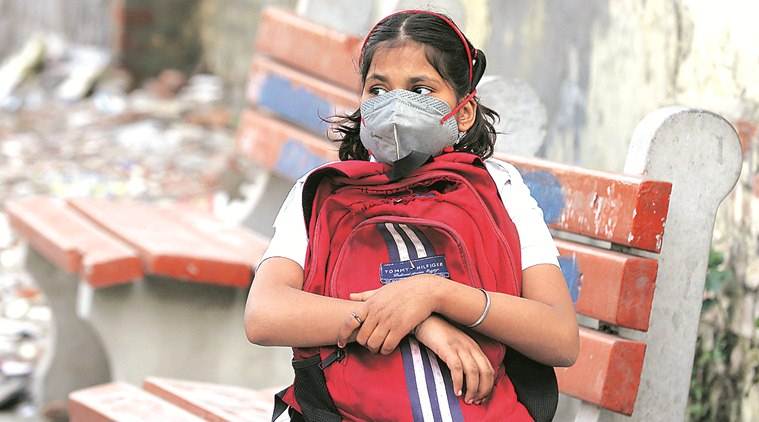
During the lockdown, ThinkZone’s methods proved effective. As schools shut down, ThinkZone partnered with FM 104 Radio Choklate, a local station in Odisha, to broadcast lessons. Chandrima Banerjee reviewed the program at the Times of India — “It’s like Zoom, minus the video and the interaction. But it works.”
ThinkZone’s educators also use voice calls, interactive voice response (IVR), and SMS to teach modules. The system is free and operates in two ways: With “Pull Calling,” parents call a number or send an SMS which will grant them access to daily learning modules for their children. In “Push Calling,” ThinkZone offers daily 1-2 minutes of IVR-based calls and tailored SMS modules.
Acharya’s organization also developed “Do-It-Yourself” activities for parents to use with their children at home, in combination with non-internet-based technologies.
Children in four districts of Odisha – Cuttack, Kendrapara, Khordha, and Bhadrak – have benefitted from ThinkZone’s programs. Their initiatives also employ over 300 women from the districts.
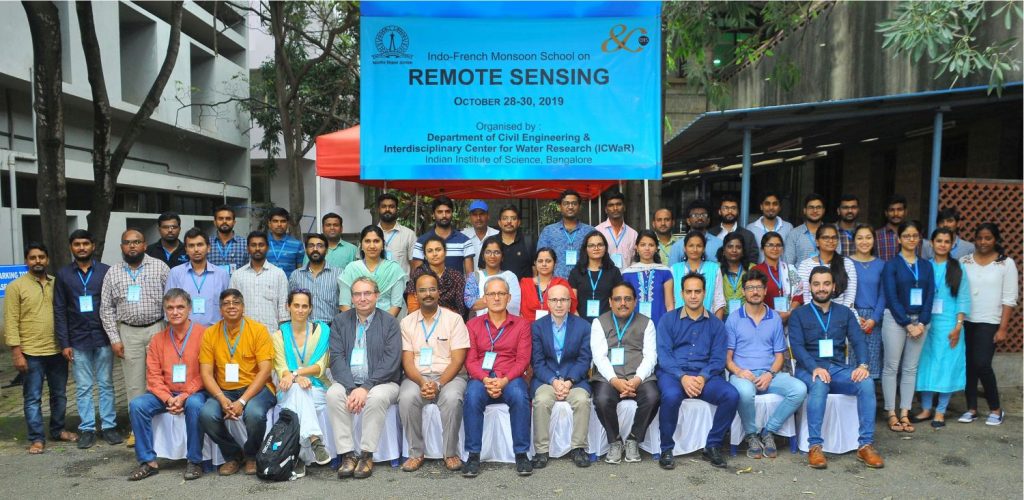
According to UNESCO, over 1.37 billion students in 138 countries worldwide have been affected by school and university closures since the start of the COVID-19 pandemic. Over 60.2 million teachers are away from the classroom, and many of them are teaching through some sort of technology.
While the school year in India is due to begin in September, there is still no clear national plan for resuming offline classes in the country.
“Many children will not be returning return right away because parents will be hesitant, wanting to keep their children safe,” Acharya said in an interview with the International Youth Foundation.
While other non-profits in India are using similar methods, such as providing remote classes through popular low-bandwidth apps like WhatsApp, wide-scale solutions aren’t simple. ThinkZone’s 5,000 children are a drop in the ocean when considering India’s 320 million students affected by the lockdown.
